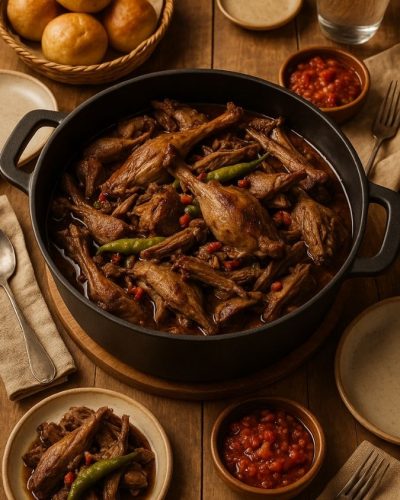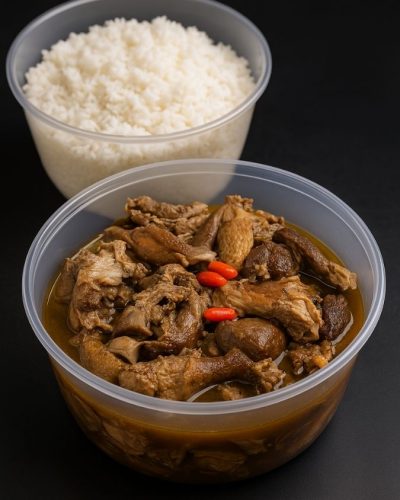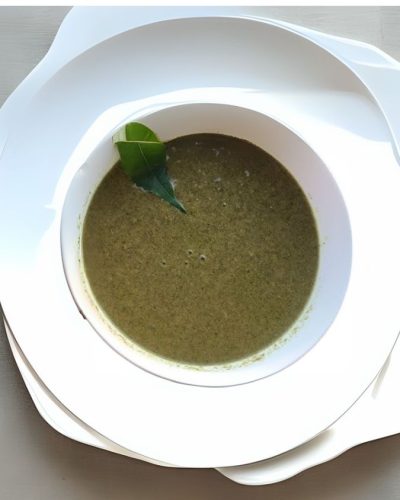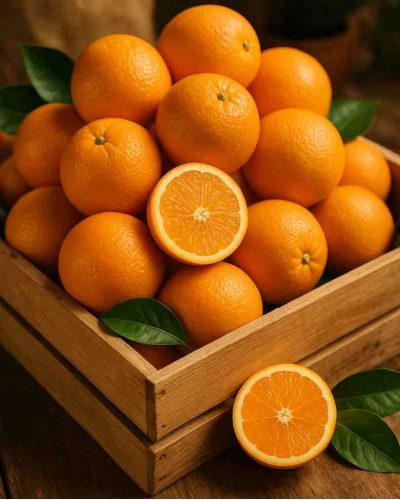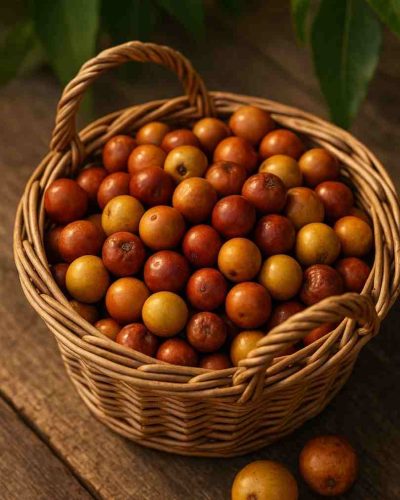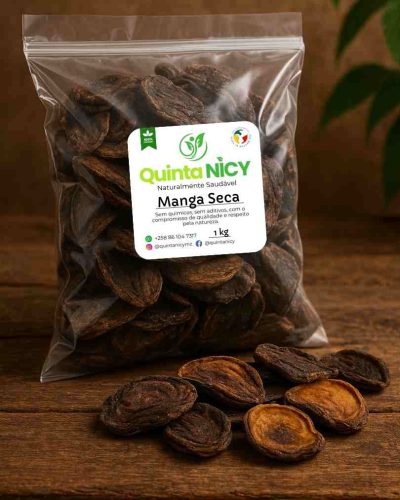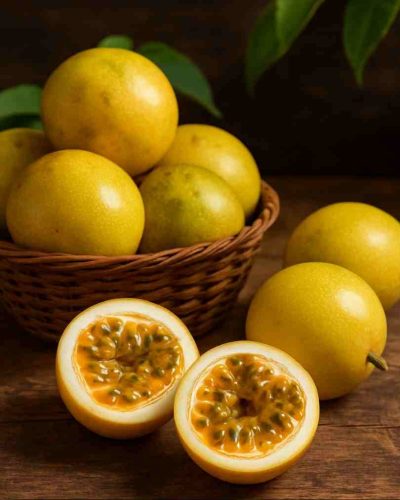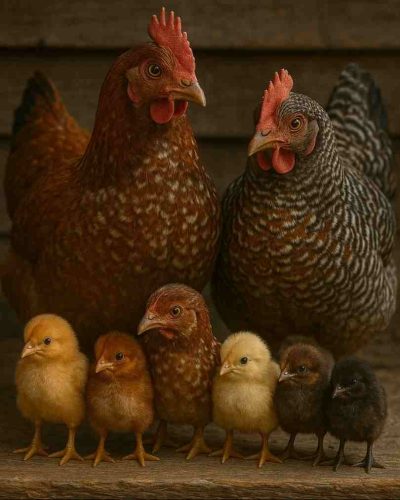The 34th edition of the Africa Cup of Nations (CAN) kicks off on January 13th in Ivory Coast. The tournament runs until February 11th and features 24 national teams, four of which are Portuguese-speaking. The opening match will be between Ivory Coast (the hosts) and the "Djurtus" (nickname for the Guinea-Bissau national team). Guinea-Bissau and Ivory Coast are in Group A, which also includes Nigeria and Equatorial Guinea.
In the "Pearl of the Indian Ocean," Francisco Queriol Júnior Conde, better known as Chiquinho Conde, the Mozambique national team coach, offered a Christmas present to football fans by announcing the squad for the Africa Cup of Nations. 23 players will try to "make history" in Ivory Coast. More than half of those chosen by Chiquinho Conde play abroad. Domestically, it was difficult to call up more players because the Moçambola (Mozambican league) ended more than a month ago and several athletes have lost their competitive rhythm.
Before heading to Ivory Coast, Mozambique will train in South Africa. The Mambas are in Group B, along with Egypt, Ghana, and Cape Verde. Chiquinho Conde's team will make their CAN 2023 debut against the defending runner-up, Egypt, on January 14th. On the same day, Cape Verde will face the historic Ghana.
Group D consists of Angola, Algeria, Burkina Faso, and Mauritania. In the first match, the "Palancas Negras" (Angola's national football team) will test the resilience of their "horns" against Algeria. It will be a breathtaking duel.
This edition of the Africa Cup of Nations will be unprecedented. For the first time, the competition features four Portuguese-speaking national teams: Angola, Cape Verde, Mozambique, and Guinea-Bissau. In numerical terms, we are on equal footing with the Maghreb countries of Algeria, Morocco, Egypt, and Tunisia. All four teams face tough opponents in the group stage of the Africa Cup of Nations, but they say they are ready for the battle in Ivory Coast.
Morocco is currently the highest-ranked African team in the FIFA rankings. None of the four teams from the Portuguese-speaking African Countries (PALOP) are among the top five. Senegal, Tunisia, Algeria, Egypt, Nigeria, Cameroon, Ivory Coast, Mali, and Burkina Faso complete the top ten. Cape Verde is in 14th position. Guinea-Bissau is in 21st place, Mozambique in 25th, and Angola in 27th.
Expectations of a possible unprecedented title win fuel the dreams of millions of Angolans, Mozambicans, Cape Verdeans, and Guineans. But first, they will have to survive the group stage. It won't be easy.
Egypt is the African team with the most CAN titles – seven. Cameroon has five, Ghana has four trophies, Nigeria has three, and Ivory Coast, DRC, and Algeria have two titles each.
Despite running concurrently with European and other championships, the world will be watching the Africa Cup of Nations (CAN). More than 5,000 journalists are expected in Ivory Coast. This is a record number, according to the Confederation of African Football (CAF). To meet the high demand from journalists, a priority access quota to the match venues has been created. 30 percent are reserved for journalists from the host country, 35 percent for participating countries, 10 percent for journalists from countries near Ivory Coast, and 25 percent for the rest of the world.
The Africa Cup of Nations (CAN) matches are expected to be broadcast live on television in 150 countries. In addition to radio and television, which already hold 601% of the journalistic coverage share for football, CAF intends to invest in new platforms to reach more people across the continent and the world.
For the first time, CAF has tickets for sale online. More than 300,000 tickets have already been sold for the group stage matches. Tickets for the remaining stages of the competition are now on sale. Tickets will also be sold at stadium entrances to help those who cannot buy them online. 20% of the CAF revenue will go to the Ivorian Football Federation. The funds will be used for the development of sports infrastructure in the West African region, according to a CAF statement. Five Ivorian cities, namely Abidjan, Bouaké, Korhogo, San Pedro and Yamoussoukro, will host the matches.
CAN 2924
On January 13th, the 34th edition of the Africa Cup of Nations (CAN) kicks off in Ivory Coast. Running until February 11th, the tournament includes 24 national teams, including four Portuguese-speaking countries. The opening match will be between Ivory Coast, the host country, and the "Djurtus," the nickname of the Guinea-Bissau national team. In Group A, in addition to these two teams, are Nigeria and Equatorial Guinea.
In Mozambique, Francisco Queriol Júnior Conde, known as Chiquinho Conde, the national team coach, brought Christmas early to football fans by announcing the squad for the Africa Cup of Nations (CAN). With 23 players, the team aims to make history in Ivory Coast. More than half of Conde's selected players play abroad, due to the difficulty of recruiting local players, as the Mozambican championship ended just over a month ago, leaving some athletes without competitive rhythm. Before the tournament, Mozambique will hold a training camp in South Africa. In Group B, the Mambas will face Egypt, Ghana, and Cape Verde. Their first match will be against Egypt, the current runner-up, on January 14th, while Cape Verde will face Ghana on the same day.
Group C consists of Angola, Algeria, Burkina Faso, and Mauritania. In the first round, the "Palancas Negras" will face Algeria, promising an exciting duel.
This edition of the Africa Cup of Nations is historic, featuring for the first time four Portuguese-speaking national teams: Angola, Cape Verde, Mozambique, and Guinea-Bissau. Numerically, this puts these teams on an equal footing with the Maghreb powerhouses: Algeria, Morocco, Egypt, and Tunisia. Despite challenging opponents in the group stage, the Portuguese-speaking teams claim to be ready to compete in Ivory Coast.
Morocco is the highest-ranked African team in the FIFA rankings. However, none of the teams from the Portuguese-speaking African Countries (PALOP) are among the top five. Senegal, Tunisia, Algeria, Egypt, Nigeria, Cameroon, Ivory Coast, Mali, and Burkina Faso complete the top ten. Cape Verde is in 14th position, Guinea-Bissau in 21st, Mozambique in 25th, and Angola in 27th.
Hopes of winning the unprecedented title fuel the dreams of millions of Angolans, Mozambicans, Cape Verdeans, and Guineans, but getting through the group stage is proving to be a daunting challenge.
Egypt holds the record for most Africa Cup of Nations titles, with seven wins. Cameroon has five titles, Ghana four, Nigeria three, while Ivory Coast, Democratic Republic of Congo and Algeria have two each.
Despite competition from other championships, the eyes of the world will be on the Africa Cup of Nations (CAN). More than 5,000 journalists are expected in Ivory Coast, a record number according to the Confederation of African Football (CAF). To meet the demand, an access quota to the match venues has been established: 301 TP3T for journalists from the host country, 351 TP3T for participating countries, 101 TP3T for neighboring countries, and 251 TP3T for the rest of the world.
The Africa Cup of Nations (CAN) matches will be broadcast live on television in 150 countries. In addition to traditional media, CAF intends to explore new platforms to reach more viewers across the continent and around the world.
For the first time, CAF is making tickets available online. More than 300,000 have been sold for the group stage, and tickets for subsequent stages are already on sale. Tickets will also be sold at stadium entrances to facilitate access for the public who cannot purchase them online. Part of the revenue, 20%, will be allocated to the development of sports infrastructure in the West African region, through the Ivorian Football Federation. The matches will be held in five cities in Ivory Coast: Abidjan, Bouaké, Korhogo, San Pedro and Yamoussoukro.
Watch the video about can a by accessing the link. https://tv.ihapari.com/tudo-o-que-precisa-saber-sobre-o-can-2023/



